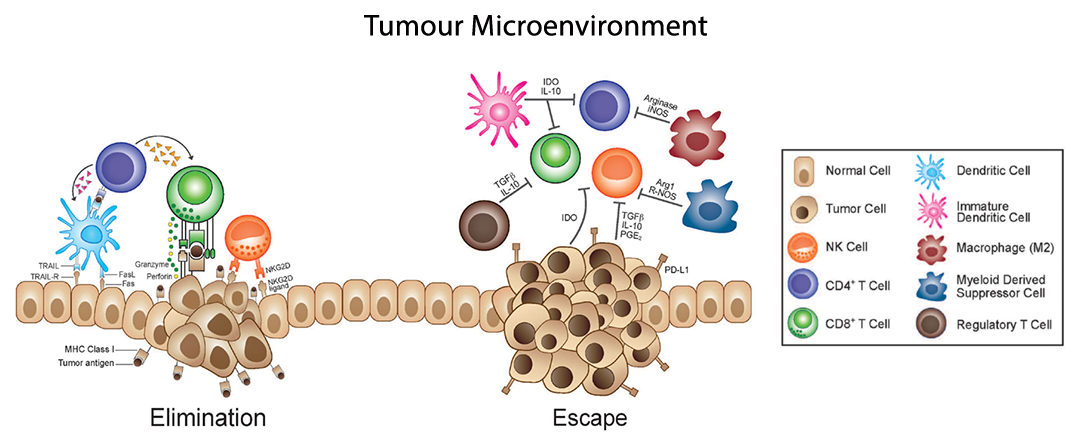If your research is related to obesity and adipose tissue, you may be interested by the selection I have performed below of immunoassays (including ELISA tests and antibody arrays), as well as primary cell models related to this topic.
Obesity and the diseases arising from it (diabetes, cardiovascular disease and cancer) constitute a major health challenge to the industrialized world. In the past decade, it has become apparent that adipose tissue is a major endocrine organ which secretes numerous soluble factors and regulates many processes related to glucose homeostasis, lipid and protein metabolism, inflammatory and immune responses…
Collectively, these factors are referred to as adipokines. Some are mainly produced by adipose tissue (e.g., leptin and resistin), while others are classical cytokines such as TNF-α, IL-6, MCP-1, and IL-1, which are also synthesized in other tissues. Understanding adipokine-mediated molecular signaling is critical to understanding and treating the myriad of diseases resulting from obesity.
Which ELISA tests and arrays for adipose tissue?

If you are looking at quantifying more than one adipose tissue factor in one go, you will save time and limit cost and effort by using the Quantibody technology (RayBiotech), combining the ELISA test features (Standard curve for quantification) with the Microarray capacity (antibody spotted on glass slides arrays). You can look at 4 to 40 factors in one single experiment, measuring proteins like adiponectin, leptin, insulin, resistin, prolactin… The list of arrays available for human tissue, and their respective list of targets, is available at this link.
tebu-bio is a certified provider of services for this technology. If having access to a laser scanner is an issue for you, or if you are only looking at a one shot experiment, outsourcing your project may be a better option for you.
If your aim is rather to profile a larger number of obesity biomarkers, the L-Series technology may be more adapted to your needs. This array is membrane based and spotted with 182 adipokine factors. Any type of sample may be analyzed on this array and is further biotinylated to allow chemiluminescent detection. You can find the full list of proteins profiled on this array at this link. This array has an equivalent for mouse samples, for which 308 factors are spotted.
Once you have identified your biomarkers of interest, you may wish to validate your results using ELISA tests, whether for Adiponectin, CCK, resistin… The following ELISA test search engine may be of help for choosing the right assay. Alternatively, feel free to contact me. I can advise on the best kit to use, most suited to your sample type, detection range, sensitivity and protein family criteria.
Which primary cell models for obesity and diabetes?
Leaving the field of biomarker profiling and quantification, finding the most appropriate primary cell model for your obesity or diabetes research can also be of concern in your project. I take the opportunity of this post to detail a selection of such models, concentrating on pancreas and adipose tissue.

Regarding adipose tissue, ZenBio are experts in the supply of cryopreserved pre-adipocytes provided with detailed differentiation protocols (available through tebu-bio in Europe). This source gives you access to fully mature adult adipocytes, isolated from either subcutaneous, mesenteric, greater omentum or peri-renal adipose tissue. These primary cells have passed rigorous quality controls including performance in lipid accumulation, lipolysis, and adipokine secretion. They have tested negative for HIV-1, HIV-2, HTLC-1, HTLV-2, Hepatitis B, Hepatitis C and mycoplasma.
Looking at diabetes and obesity models, Prodo Labs provide human primary pancreatic islets processed from organ donor pancreases. These Human Islets for Research (HIR)TM are obtained via a proprietary process of pancreas digestion and islet purification resulting in uniform high quality. As time is of the essence when dealing with such fresh tissue culture, we can inform you whenever a new batch of islets is available. Just contact me if you are interested in subscribing to our Islet Alert program via the form below.
If you’re interested in learning more about these ELISA tests, arrays and primary cell models for your obesity and diabetes studies, get in touch through the form below. I’ll be pleased to discuss your projects with you!
Diabetes studies on cryopreserved Islets – subscribe to our Alert program

Simply fill in this form and you’ll be contacted very soon by our experts for further details:
Subscribe to Islet Donor Alerts by tebu-bio
Outsource part of your studies to our laboratories
Recognized as a dynamic Contract Research Organization (C.R.O.) in Life Science Research, tebu-bio is the only organization enabling European researchers to select research reagents to run their projects in-house, or to select kits and outsource their experiments to tebu-bio’s skilled lab staff (or even a mix of the two, whatever suits your project!).
For adipose tissue related diseases and research applications in cosmetology, our clients appreciate our services Anti cellulite compound evaluation and Anti-Wrinkle screening services and screening of PPAR active compounds (agonistic and antagonistic effects). Browse our portfolio of lab services and contact our lab staff here.




